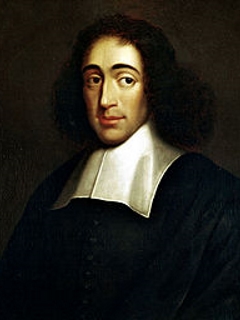
Publication details
Publisher: Springer
Place: Berlin
Year: 2011
Pages: 159-170
Series: International Archives of the History of Ideas
ISBN (Hardback): 9789048192427
Full citation:
, "Berkeley, Spinoza, and radical enlightenment", in: George Berkeley, Berlin, Springer, 2011


Berkeley, Spinoza, and radical enlightenment
pp. 159-170
in: Silvia Parigi (ed), George Berkeley, Berlin, Springer, 2011Abstract
I put Spinoza in my title in order to signal my paper's purpose. Instead of taking the Enlightenment to be, as it is usually understood, an early-eighteenth-century phenomenon, my intention is to show that Berkeley is to be included in that period of ferment, after Spinoza's death, when the defence of free expression, the critique of religion and of language connected with "mysteries," and the impertinence of any form of authority were openly considered. By contrast, before 1677, the defence of free-thinking was expressed only in clandestine clubs and coteries. Now, in his masterly work Radical Enlightenment, Jonathan Israel reveals the central role of Spinoza's philosophy and its diffusion, as early as 1650, in sharpening the human desire for liberty.
Cited authors
Publication details
Publisher: Springer
Place: Berlin
Year: 2011
Pages: 159-170
Series: International Archives of the History of Ideas
ISBN (Hardback): 9789048192427
Full citation:
, "Berkeley, Spinoza, and radical enlightenment", in: George Berkeley, Berlin, Springer, 2011


